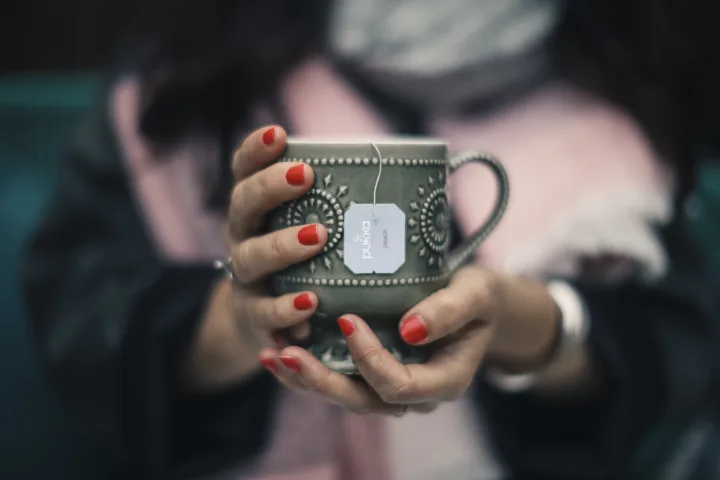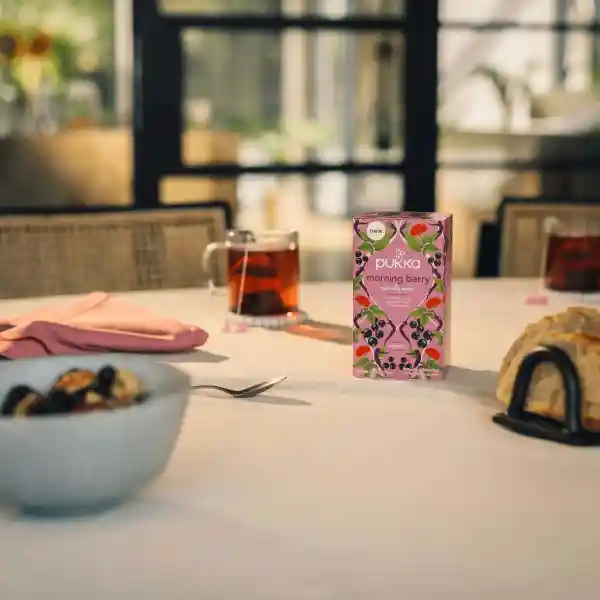
Welcome to Pukka
Our purpose is to nurture healthier, happier lives through powerful organic plants. By nurturing mutually benevolent relationships with farmers, sourcing partners, and everyone who works for us, and with us, we strive to build a sustainable future for all. We hope you feel inspired to discover more about yourself and the beautiful planet on which we all live.
Enjoy the journey
![]()
Sebastian Pole & Tim Westwell, Co-founders and Herbal Revolutionaries


Sustainability
When we began in 2001 the science was already clear that business needed to operate in a way that regenerated our environment and society. These are the values that Pukka was built upon; organic farming, fair trade and conservation through commerce. Find out how we are helping to change the world for a positive future – one cup of tea at a time.


The Pukka collective
Get completely free, tailored well-being advice based on your unique mind-body type (dosha) and your personal well-being goals. Along with recipes, competitions, offers, latest Pukka news and free stuff.
Discover your unique Ayurvedic mind-body type with our dosha quiz
Get weekly personalised emails based on your dosha and your wellbeing goals







